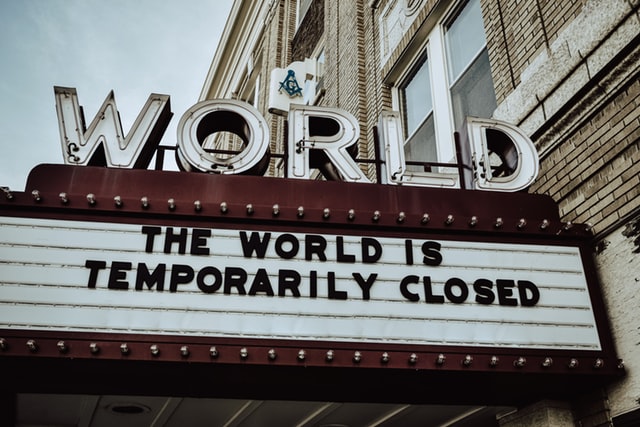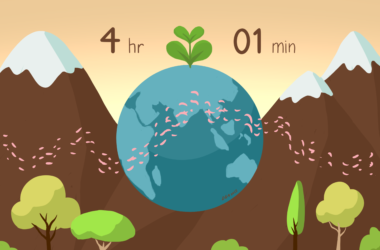My roommate looked up at me from across our dining room table.
“I’m so ready for everything to go back to normal,” he said.
Since March 13—the day McGill shut down for two weeks—I have thought about this idea every single day. After the two weeks had concluded, I thought that everything would go back to normal.
Then, COVID-19 began to tighten its grasp around North America. For my generation, there is no precedent for this pandemic: It undermines the lifetime status quo of every young person on earth. Whatever ‘normal’ was before this disease arose, there will be no returning to it. COVID-19 is going to change everything. It will shift economies, lives, and cultures; as a generation of individuals about to crest into adulthood, McGill students must accept the seriousness of this brave new world.
Consider the economy. On March 23, the provincial government of Quebec shut down all non-essential services until April 13. For anyone whose jobs are not immediately critical to people’s lives, this means a complete cessation of work. Even after non-essential services are allowed to resume, quarantine and frugality will impede the steady stream of customers that businesses rely on to survive. The picture in Quebec over the next several months looks like this: The demise of an entire class of independently owned and small businesses, steadily increasing unemployment for those who work in entry-level or non-trade sectors, and an increasing number of individuals who do work in essential services contracting COVID-19 because of heightened exposure to the virus. The ripples of these impacts are going to take years to recover from.
The bigger picture is even more disheartening. In the United States, joblessness claims hit 10 million on March 28; the Government of Canada expects 4 million people to file for emergency financial aid. While talk of markets is somewhat of a black-box in terms of details for the average university student, the experts made one thing clear: the economic situation is really bad. The difference, however, between this financial crisis and those past is that governments appear entirely incapable of addressing this wave of financial distress. Whereas the 2008 recession was the consequence of rapacious and naïve investors—a malicious, albeit controllable force, as this New York Times article points out—the most powerful threat to the economy this time around is something much more entropic: An unpredictable and potent disease.
Now, let’s think about global health. As of April 6, the virus has infected nearly 1.3 million people worldwide. For context, the 2003 SARS outbreak infected about 8,000; more than that many people have already died from COVID-19 in the US alone. The disease has claimed over 70,000 lives globally. In countries like Italy and Spain, healthcare workers are beginning to face impossible ethical decisions about prioritizing resources for younger sufferers who have a higher chance of survival. Countries thought to be staunchly prepared for a public health crisis are manifesting as woefully vulnerable.
Changes as drastic as these in global health and economies are going to have unavoidable consequences. Some young people, who have consistently demonized older generations as egocentric for their unwillingness to address global climate change, have revealed themselves to be just as arrogant in refusing to take seriously a similarly wicked problem that requires collective action. Further, though beliefs about the invulnerability of young people to COVID-19’s most aggressive symptoms have abounded, we are discovering this is not the case. From Feb.12 to March 16, in the US, 38 per cent of individuals sick enough to be hospitalized by the virus were 55 years-old or younger.
The cultural landscape is shifting before us as we observe an anthropocentric tradition of individualism in the West leading communities to shoot themselves in the foot, while more collectivism approaches allow places like Japan to stop the virus in its tracks. As governmental responses become more urgent, we are witnessing the necessity of socialist measures in reactive policies, and, uncomfortably, the success of authoritarian practices in mitigating the crisis.
I have thought long and hard about how to reconcile the reality of these circumstances, but I have realized that that is precisely the point: There is no modus operandi. The evolution of global systems demands that everyone be flexible in adopting new approaches not just to work or school, but to life. As we begin to chart this unknown territory, remember three things: First, those you love are your most important allies. Talk to your parents, your grandparents, your friends, your acquaintances, and be there for each other. Second, the forward march of time is inevitable. In the darkest moments, remember that this is not permanent. Finally, as bleak as the paragraphs above may seem, optimism and hope alone will allow us to endure. I believe in my family, I believe in my friends, and I believe in the ability of humans to be good to each other, and so should you.










Well done, young sir.